Since 2019 March 29th, Herald Global Science Club was initiated for 2019 term at Apgujeong in Seoul. The club is for scientifically motivated students who are willing to think, investigate, design, experiment, and submit a scientific research to global science fairs, including Google Science Fair on 2019 September.
In detail, the science club is a student-driven project where participants investigate and discuss topics that they are interested in with others, including an advisor, Mr. Eric (Joon Hyun) Paik, who is a former scientist and current science and math lecturer. The main goal of such discussions is to help an individual student or a group of students to choose a topic to perform a scientific research that will be later submitted in science fairs.
Through this extraordinary experience, participants are expected to:
1. Become Highly educated on the topic of their choice;
2. Learn and practice scientific methods, such as designing, performing, and analyzing experiment;
3. Develop reading, debating, and presenting skills in science;
4. Write professional scientific journals;
5. Have personal contact with scientist for an advice via attending science fairs, visiting science institute, such as KIST and KAIST.
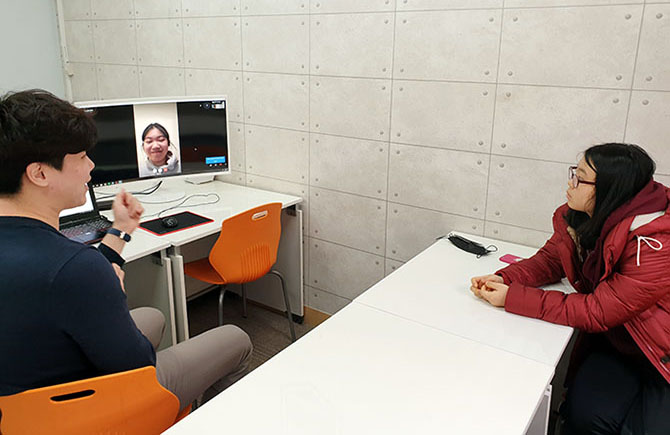
On the first day of the meeting on March 29th, students, Kayla Lee and Celine Oh, and the advisor, Eric Paik, met each other for the first time. Then, each participant explained their interest in science. Kayla explained her interest in hematology and oncology and Celine explained her interest in environmental science, especially on yellow dust known as fine dust. In addition, students and advisor together discussed how science club will progress. It was agreed that the meeting will be held every other week and students will be given a time to present and discuss their topic while the advisor gives suggestions and also teach related information.
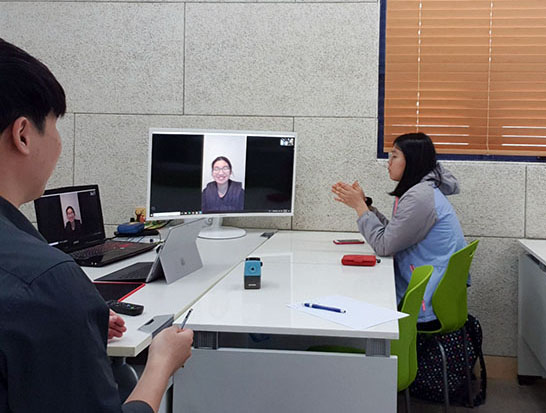
On the second meeting on April 19th, each student brought current scientific issues in the field of their choice. Kayla, who wanted to investigate on hematology, presented issues regarding Elizabeth Holmes, founder of Theranos, and also increase in gunshot incidents in American schools. Using both of the issues, she stressed how technology utilized for blood testing was outdated. She claimed that “it is just surprising that in our century, we still do not have cost and time efficient technology to analyze blood or to stop the bleeding!” Celine who investigated on fine dust discussed issues we are having here in Korea. She expressed her concern about how fine dust level in the city was rising every year, yet the government did not have a convincing solution for it. She brought an article, Genome-Wide Analysis of DNA Methylation and Fine Particulate Matter Air Pollution in Three Study Populations: KORA F3, KORA F4, and the Normative Aging Study (Panni et al. 2016), to evidence that fine particulate matter (fine dust) could increase a chance of getting a cancer cells through DNA methylation. Until next meeting, each student is asked to share 3 scientific journals regarding the issues they have discussed today and think of possible follow-up experiments.
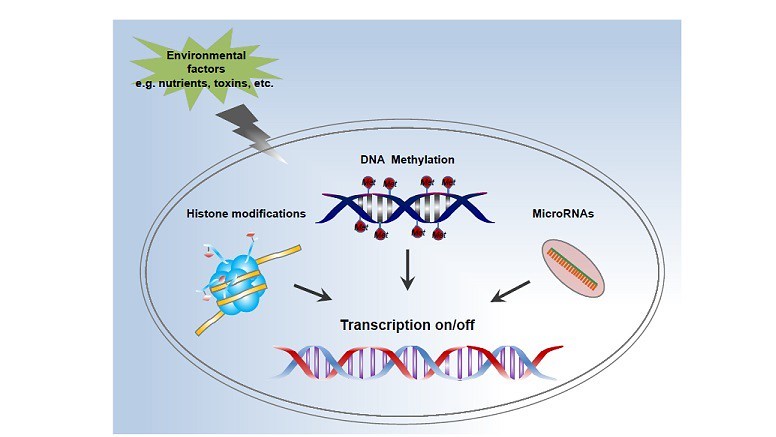
Here are some comments from current science club members on the club:
Kayla Lee
Science club has been a place for me where free debates on science issues with random topics are allowed. Considering that my specific interest on hematology and oncology can even lead to class discussion on recent issues in the news relating to Elizabeth Holmes, founder of Theranos, I have no doubt that I have covered more than twenty different topics in class; This will later give me scientific insights. Outside the class, I focused my research on alleviating pain of cupping treatment (eastern medicine; similar to acupuncture). My primary goal is to identify if there is a protein factor on facilitating blood coagulation.
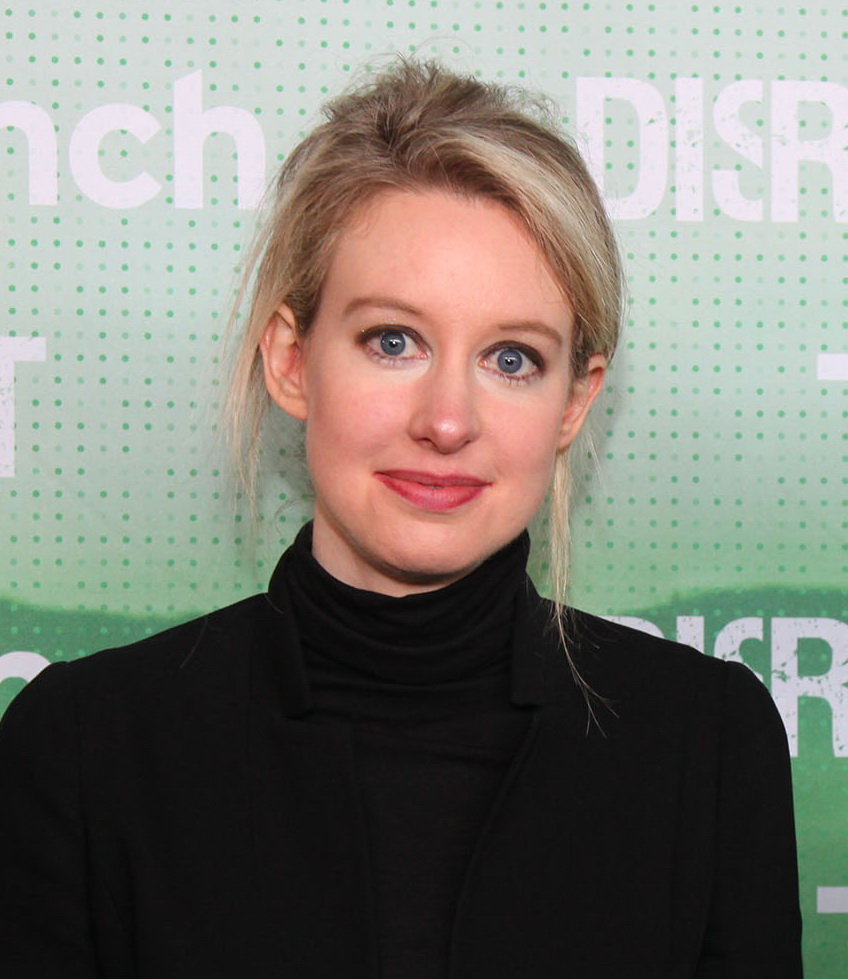
Celine Oh
The science club is an exciting opportunity. It is a place where I get to research my interests freely. It is a low-pressure environment where I can express my creativity. I am currently focused on environmental issues: environmental issues are increasingly more important as issues like global warming, climate change, and pollution are affecting us directly. I am doing a research on pollution, specifically yellow dust. Yellow dust is fine dust in the air, which is detrimental to health. As it is so harmful, I would like to research on effective masks to block it out. I am expecting an academic environment where I can exchange ideas in this science club. I expect to learn a lot from this experience. I also expect to express my ideas more freely than a school setting. I am looking forward to participating in the science club.
Further Schedules
In the next meeting, which will be May 3rd of 2019, students will discuss 3 scientific journals they have found on the issues each member is investigating. Then, the students will present proposal for their projects. The advisor will give lecture on scientific method, especially on how to formulate research question and hypothesis, and how to design an experiment.
Reference
Panni, Tommaso, et al. “Genome-Wide Analysis of DNA Methylation and Fine Particulate Matter Air Pollution in Three Study Populations: KORA F3, KORA F4, and the Normative Aging Study.” Environmental Health Perspectives, vol. 124, no. 7, 2016, pp. 983–990., doi:10.1289/ehp.1509966.
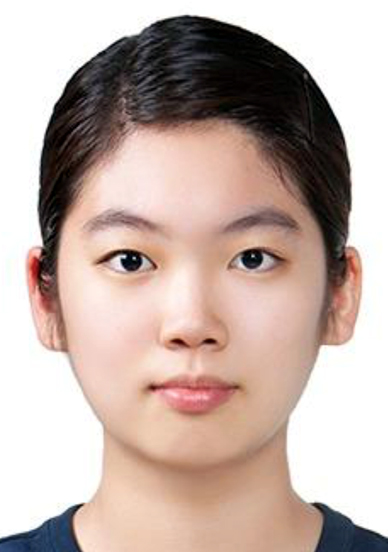
Lee, Chaeeun (Kayla)
Grade 10
Good Counsel High School
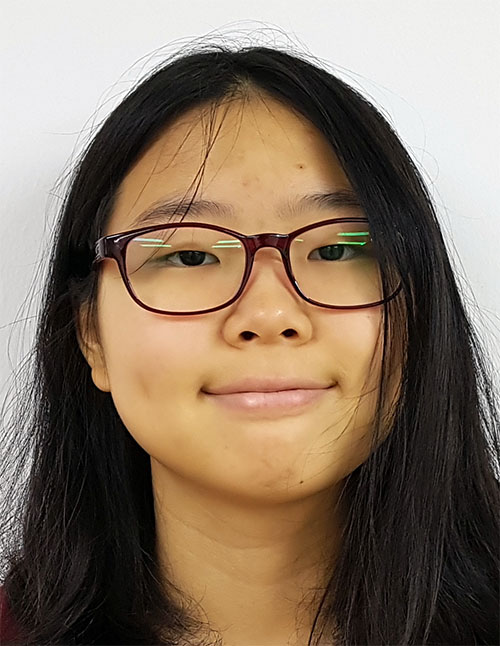
Celine Oh
Grade 10
TLCI School (The Learning Community International)
By Lee, Chaeeun & Oh, Celine

